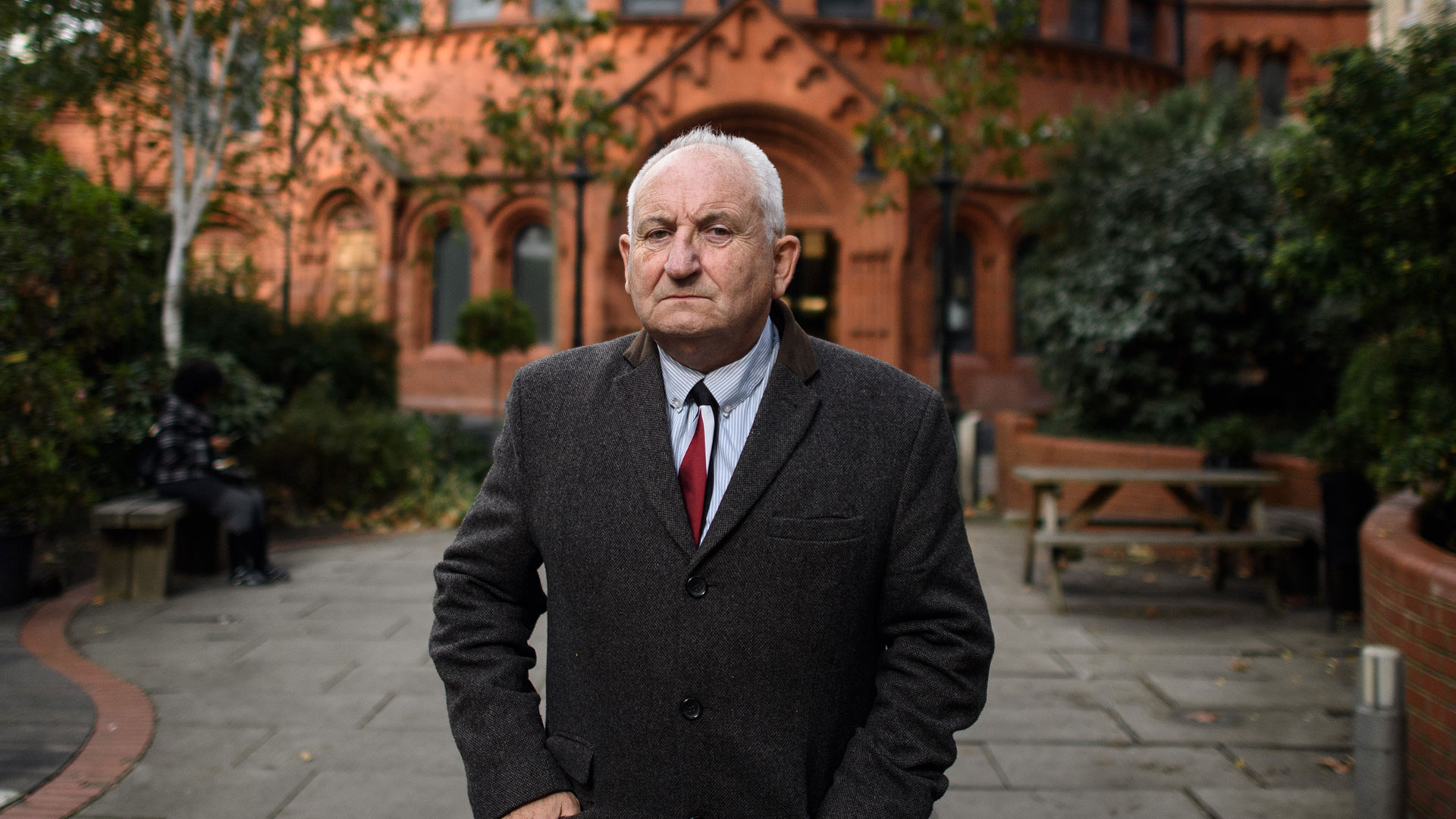According to a recent UBS-PwC report, the combined wealth of billionaires globally – those whom we loathe increasingly, it seems – stands at a record £4.5tn. Now that sounds like a vast amount of money. We don’t actually have any trillionaires yet, but who knows, there are some on the way and Jeff Bezos is leading the pack.
But collectively, if you combine all the mums’ and dads’ pensions, and your own, the world’s pension assets are worth at least £28.7tn in OECD countries. And perhaps it’s closer to £50tn worldwide, if you listen to Radio 4’s Money Box. That is the biggest amount of money – bigger than the combined GDPs of the USA, China, Germany and the UK.
Wow! Wow! Wow!
This week celebrates – or mourns, depending on your political posture – the Bolshevik Revolution. That was a clear show of what happens when a minute party the size of a ninth-division football team supporter base gets its hand on a bigger force. A powerful force in terms of Russia at the time; an army of men.
The Beatles, wow! From nowhere to somewhere, because loads of people (perhaps some 500 million, to date) went out and bought their stuff
Combinations create new directions! Combinations push the world forward or backward. Why was it that they deported the Tolpuddle Martyrs to Australia in 1834, who had the bleeding cheek to combine together to get a better deal from their employers, the Dorset farmers, who were riding roughshod over poor farm labourers?
Combinations frighten the life out of the powers that be, as they did 100 years ago. And what Lenin managed to do was convince enough soldiers – ‘Peace, land and bread’, one of the greatest slogans ever – to come over to their revolutionary programme. The Arab Spring was a combination, and shows where they can lead. The Beatles, wow! What a piece of combination that was. From nowhere to somewhere, because loads of people (perhaps some 500 million, to date) went out and bought their stuff. Sir Philip Green and his Topshops, Jeff Bezos and his behemothic Amazon, Steve Jobs and his mammoth Apple.











